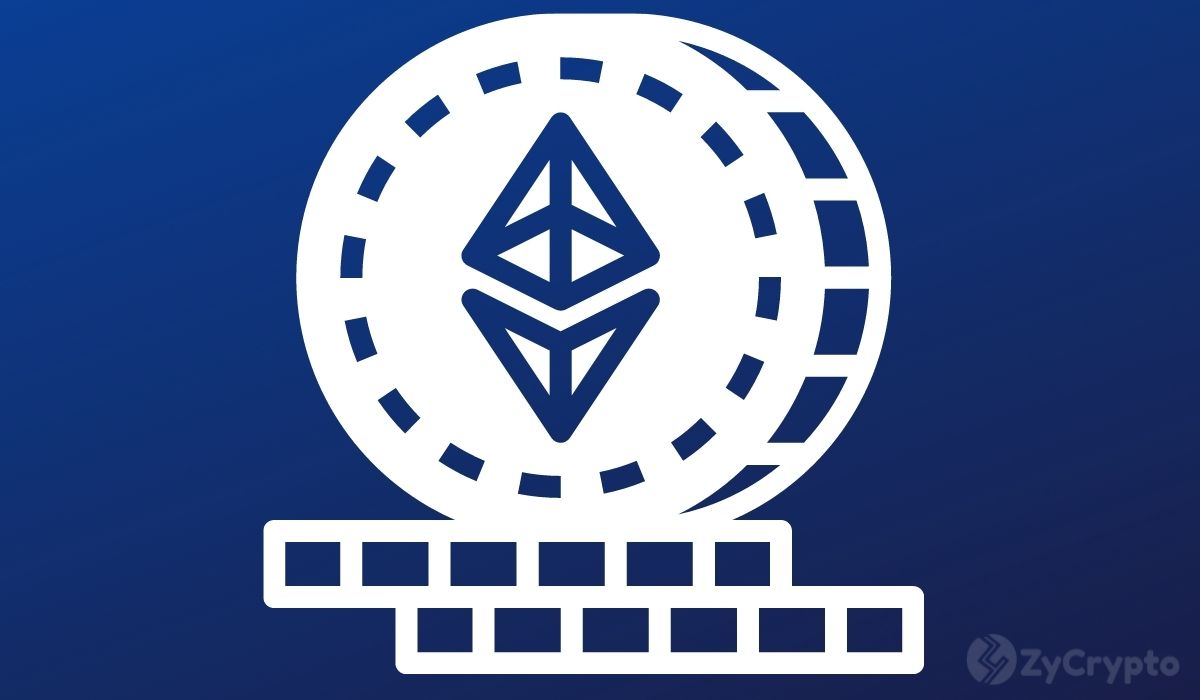ARTICLE AD BOX

Vitalik Buterin, the co-founder of Ethereum, has unveiled a comprehensive proposal to foster a more decentralized and cooperative network.
In a Saturday blog titled “Making Ethereum Alignment Legible,” Buterin outlined a vision for integrating diverse development efforts to avoid fragmentation within the community. At the core of Buterin’s proposal is the “Ethereum alignment” concept, which emphasizes the need for a unified approach to governance and project development.
“The ecosystem’s strength is that there is a wide array of people and organizations…all building toward their own visions of what Ethereum can be. The primary challenge is making sure that all these projects are, collectively, building something that feels like one Ethereum ecosystem, and not 138 incompatible fiefdoms.” Buterin wrote, emphasizing the need for a unified approach to governance and decision-making.
Notably, the proposal seeks to make alignment more transparent by breaking it down into specific, measurable criteria to guide developers’ and organizations’ contributions.
Buterin further highlighted several key areas for evaluation, including open-source standards, technological interoperability, decentralization, and economic contributions to the Ethereum community. He argued that clear metrics can help projects demonstrate their commitment to the ecosystem’s collective goals, ultimately leading to a healthier and more decentralized network.
“Concerns about “who watches the watchers” are best addressed not by betting everything on an attempt to make sure everyone in positions of influence is an angel, but through time-worn techniques like separation of powers.” He added.
That said, Buterin’s push for a more decentralized Ethereum may be an acknowledgment of Cardano‘s strengths, especially in fostering community participation.
Cardano has established a robust structure that encourages direct community engagement and enables users to submit proposals and vote on network issues. While the crypto landscape is generally viewed as an open and competitive market for development, Buterin’s proposal for a more defined governance structure for Ethereum might also be seen as a direct challenge to Cardano.
Let’s recall that last year, accusations surfaced suggesting that Buterin had copied ideas from Cardano. In a November 12 tweet, Steven Nerayoff, a former adviser to the Ethereum network, claimed that Buterin’s recent proposals bore similarities to those from Cardano, igniting scrutiny from both communities.
Nerayoff’s allegations extend beyond Cardano. He accused Buterin of copying innovative ideas from Ripple to develop Ethereum’s smart contract functionality. Furthermore, Nerayoff claimed that Ethereum co-founder Joseph Lubin stole his idea on Initial Coin Offerings (ICOs) and utility tokens. These accusations raised questions about Ethereum’s technological underpinnings and the originality of its key features, which could extend to the latest proposal.
.png)
 1 month ago
2
1 month ago
2








 English (US)
English (US)